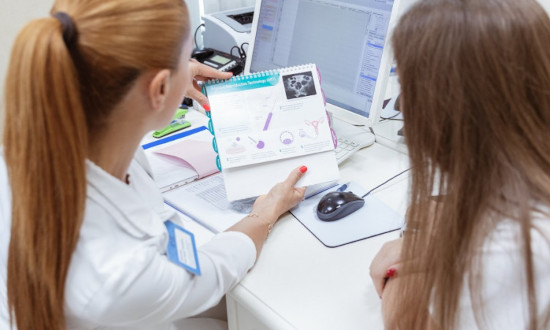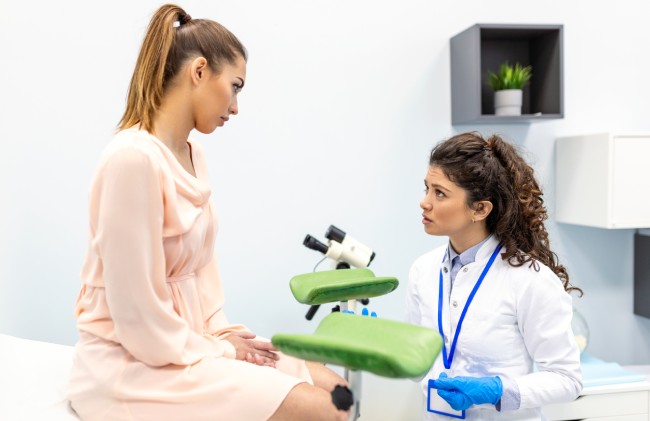HCG after IVF
Human chorionic gonadotropin is a hormone synthesized by the outer membrane of the embryo after its implantation in the uterine wall. Its serum concentration begins to increase beginning on days 6-8 of gestation. hCG levels are a key indicator of the normal course of gestation and the absence of pathological processes in the intrauterine development of the embryo.

specialists

equipment

treatment

Causes of hCG Deviations
During IVF, several blastocysts are often implanted into the expectant mother. This increases the chances of at least one embryo implanting in the uterine wall. In some cases, implantation of all transferred blastocysts occurs, leading to multiple pregnancies. In such cases, a blood test shows high levels of the hormone in the plasma.
Low hCG
If hCG levels rise slowly after IVF, this may indicate the following conditions:
- Fetal death
- Threatened spontaneous abortion
- Ectopic pregnancy
Tests are taken at least 2-3 times to determine the dynamics of the increase or decrease in plasma hormone levels. If the level is borderline, the expectant mother is prescribed hormone injections. Maintaining hCG levels at normal levels reduces the risk of miscarriage.
A sharp decrease in hCG
After IVF, the risk of miscarriage is high, so gonadotropin levels in the blood are monitored until the second trimester. A critical drop in hCG levels is a compelling reason to seek help from a fertility specialist.
Important! To eliminate the possibility of significant error in hCG test results, it is recommended that all tests be performed in the same laboratory.
Hormonal imbalances increase the risk of miscarriage or abnormal fetal development. If such a problem is detected, the woman is hospitalized for observation. Artificially maintaining hormonal balance can prevent miscarriage and normalize the course of pregnancy.
Conclusion
HCG testing is one of the most informative laboratory tests, used to determine the success of conception and possible developmental abnormalities in the embryo. Low serum hCG levels may indicate an ectopic pregnancy, threatened miscarriage, or placental insufficiency. Timely testing and artificial hormonal stabilization prevent miscarriage and fetal developmental abnormalities.
Our doctors

This award is given to clinics with the highest ratings according to user ratings, a large number of requests from this site, and in the absence of critical violations.

This award is given to clinics with the highest ratings according to user ratings. It means that the place is known, loved, and definitely worth visiting.

The ProDoctors portal collected 500 thousand reviews, compiled a rating of doctors based on them and awarded the best. We are proud that our doctors are among those awarded.
Make an appointment at a convenient time on the nearest date
Price
Other services



































HCG after IVF pregnancy
Immediately after gestation, regardless of the method of fertilization, the expectant mother's body begins producing human chorionic gonadotropin. It is secreted by the embryo's membrane, called the chorion. The hCG level after IVF is used to assess the success of artificial insemination and the progress of gestation.
HCG Levels After IVF
Two weeks after blastocyst transfer into the uterine cavity, a human chorionic gonadotropin test is performed. Its concentration is continuously monitored after in vitro fertilization.
To independently determine the outcome of IVF, you can use a home test. A positive result indicates successful conception, but does not provide insight into the progress of gestation itself. To monitor fetal development, an hCG test is performed daily after IVF.
Systematic blood testing is performed to:
It should be understood that normal plasma gonadotropin levels do not always confirm a problem-free gestation. In isolated cases, even with high gonadotropin levels, it turns out that the embryo is absent from the fertilized egg. To confirm conception, an ultrasound is performed. This helps determine the fetal position and heartbeat.